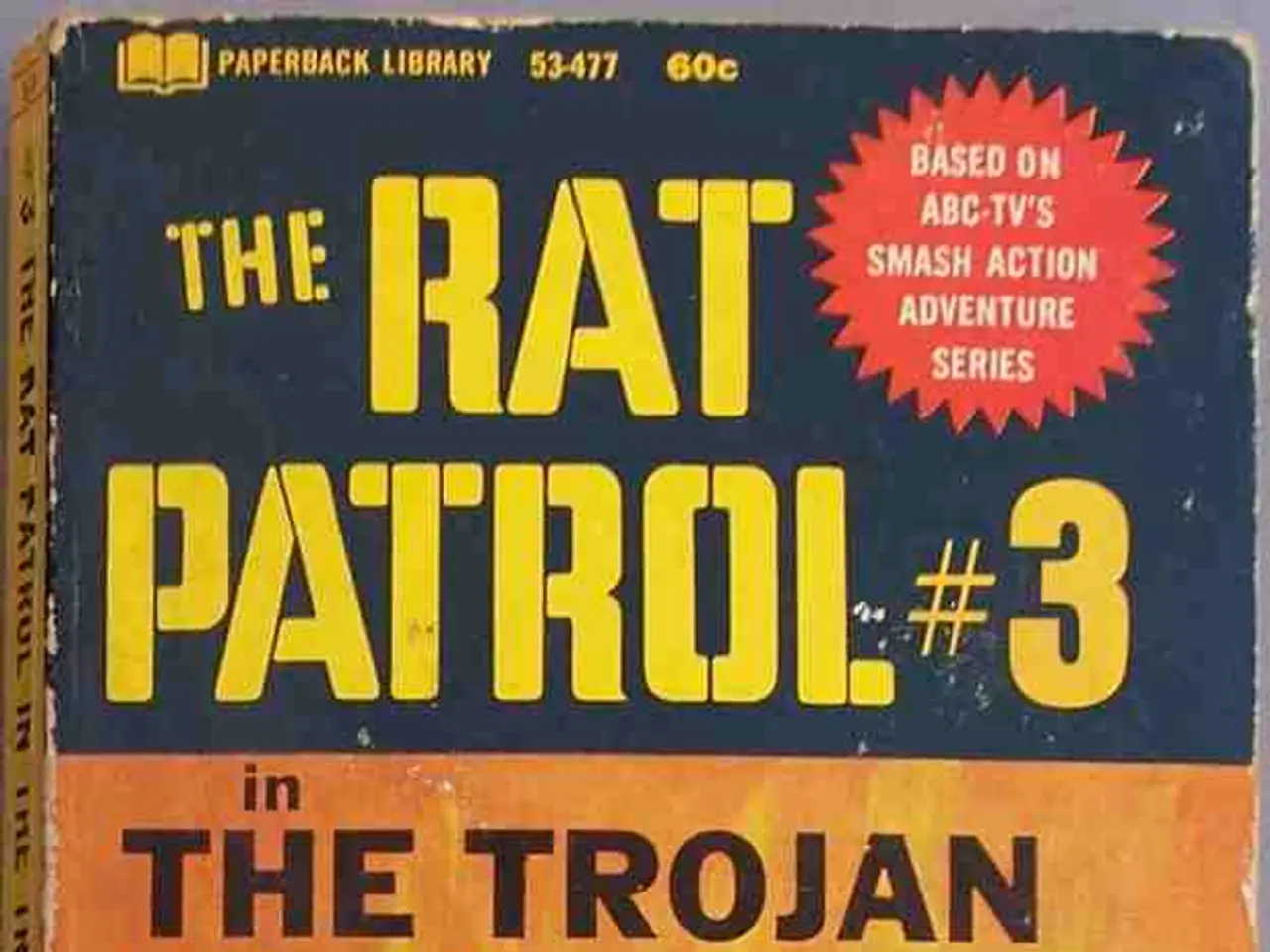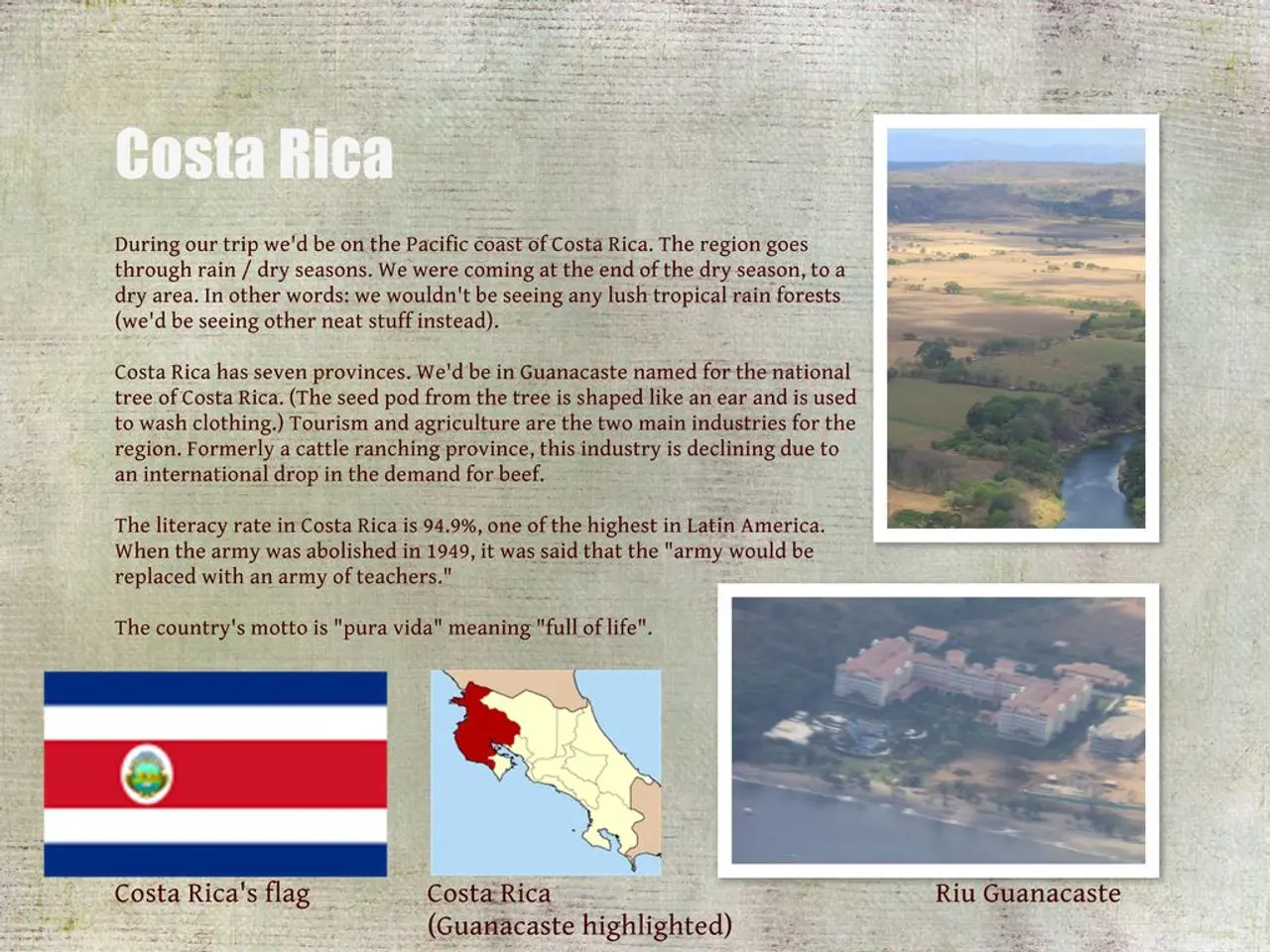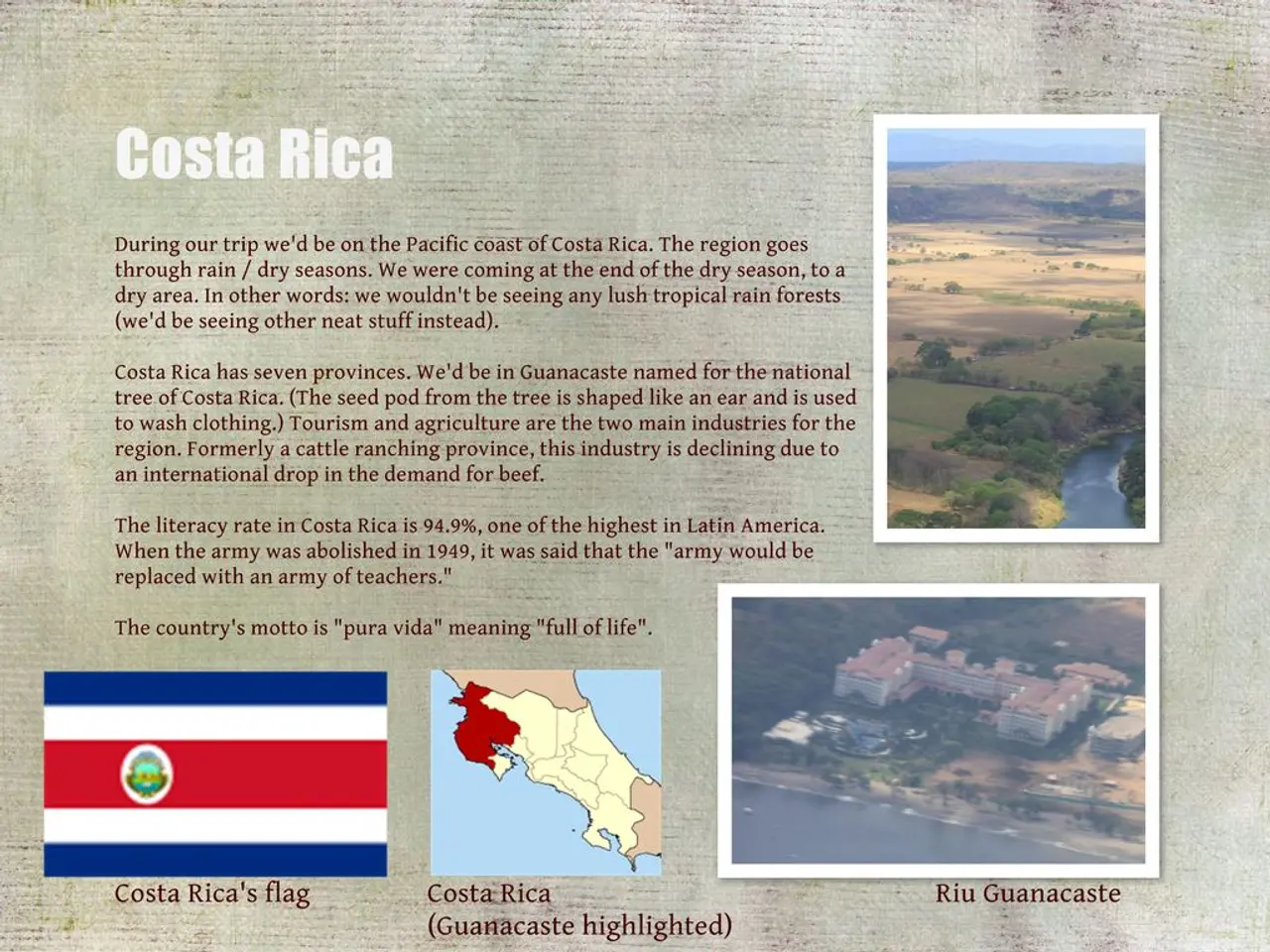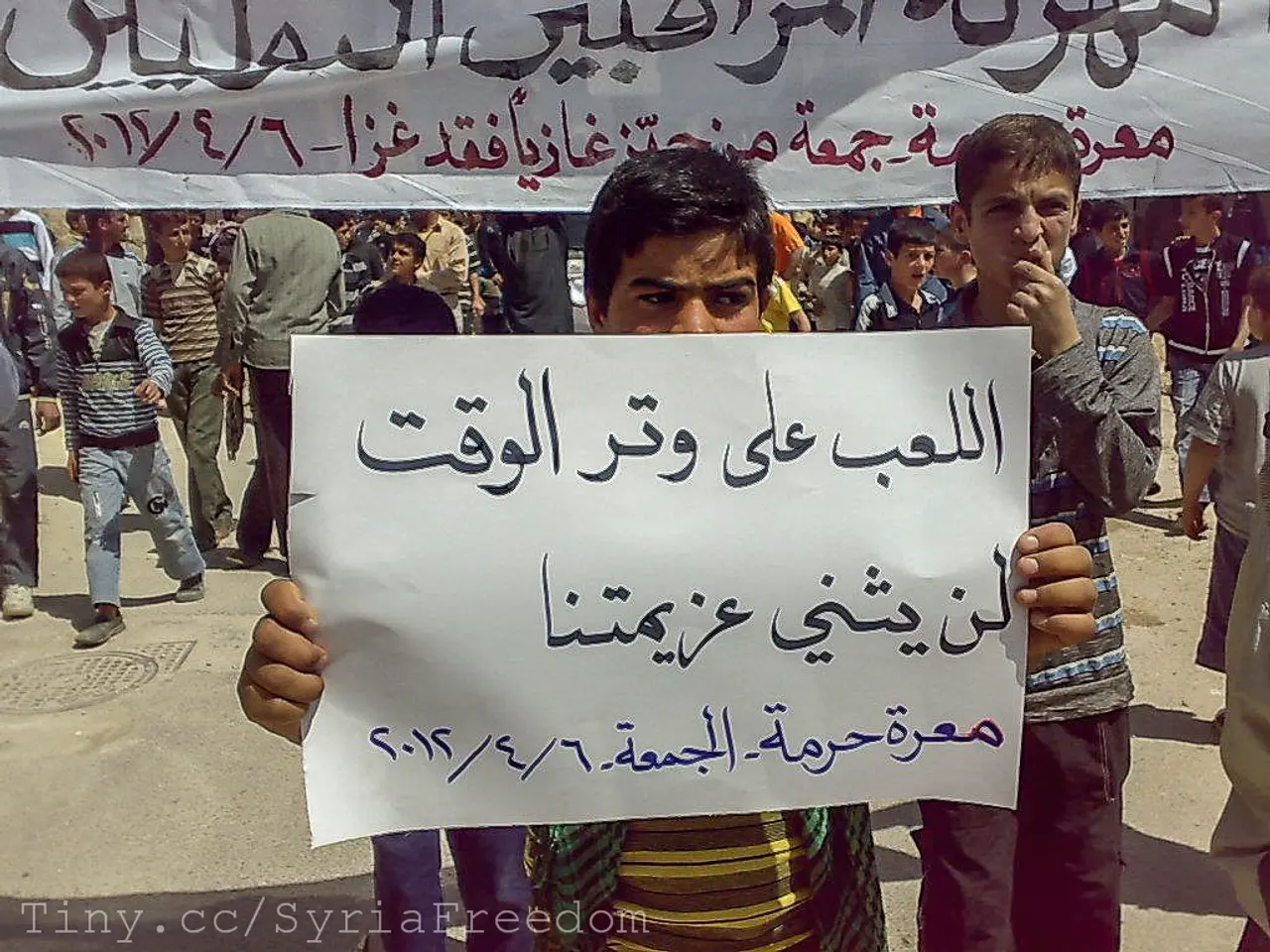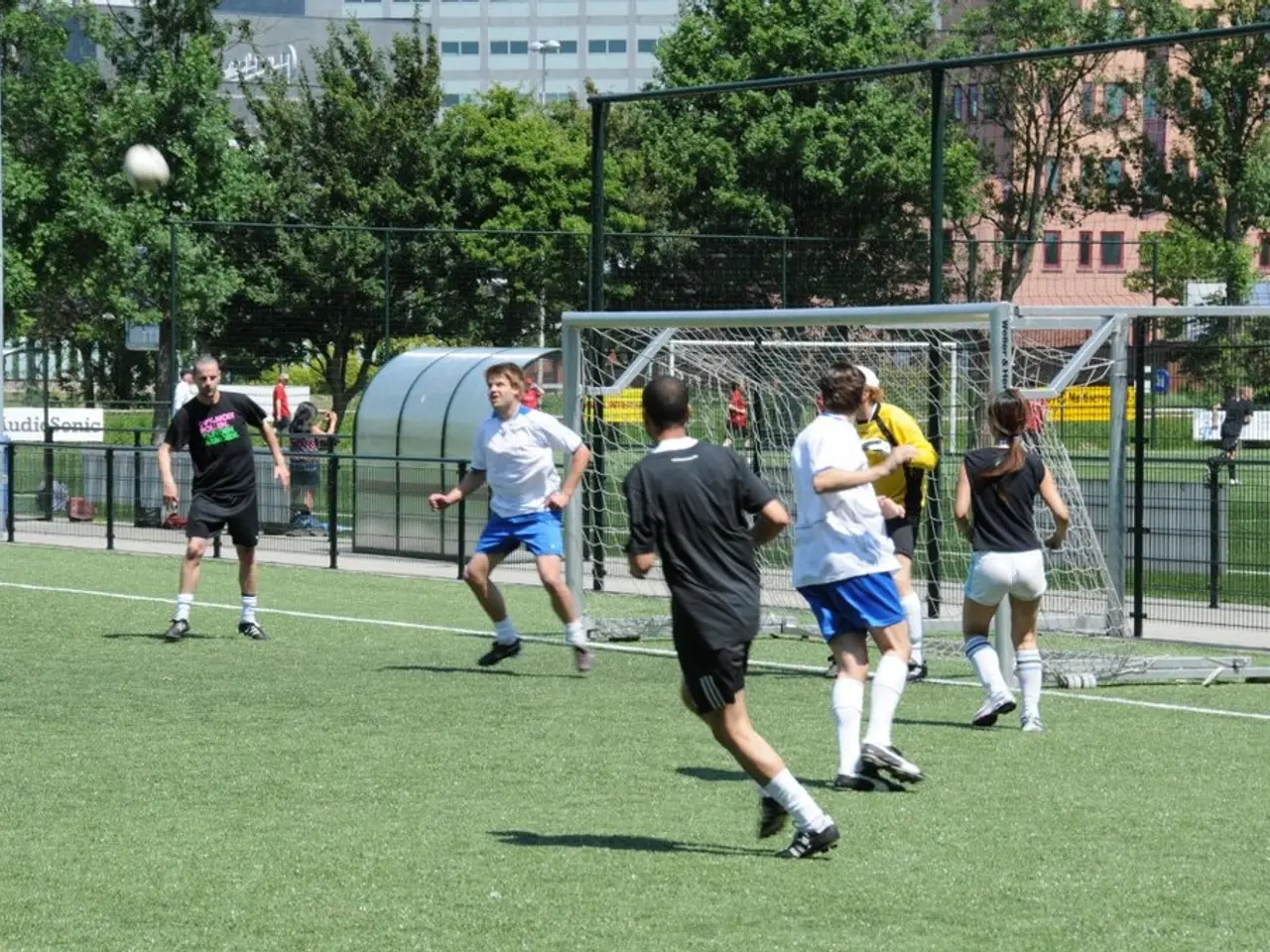Exploring the Conundrum of Labeling the Wagner Group as a Terrorist Entity
=====================================================================
In the realm of international security, the Wagner Group, a private military contractor with close ties to the Russian state, has been making waves, particularly in Africa. Professor Elena Pokalova, an authority on the subject, has delved into the group's activities in her book, "The Wagner Group in Africa: Russia's Quasi-State Agent of Influence," published in July 2023 in Studies in Conflict & Terrorism.
The Wagner Group, unlike traditional terrorist organizations, operates as a hybrid entity. While it carries out violence that could be classified as terrorism, it functions as a private military company under state influence. This unique status affects its legal and political treatment. For instance, while the UK government proscribed the Wagner Group in 2023, citing its use of violence against Ukrainian Armed Forces and civilians to advance Russia’s political objectives, as well as its activities in Africa, which amount to terrorism, the Islamic Revolutionary Guard Corps of Iran, despite similar violent actions, is not proscribed because it is a state actor.
In places like Mali or Central African Republic, governments invited Wagner in the wake of French disengagement, which was accompanied by a wave of anti-French and anticolonial sentiments. The symbolic aspect of labelling a group that came in as an alternative to Western actors as a terrorist organization is not lost on observers.
However, designating Wagner as a terrorist organization would complicate ways we deal with our partners, especially in Africa. The US Treasury Department has already designated Wagner as a transnational criminal organization, and China, Turkey, and Russia have been known to apply the terrorist label to critics and perceived enemies. The persecution of the Uyghur population by China under the guise of a terrorist threat, and Russia's liberal application of the label to critics of its war in Ukraine, serve as cautionary tales.
As the Wagner Group continues to expand its influence, understanding its unique nature and the implications of labelling it as a terrorist organization becomes increasingly important. The lines between state and non-state violence are blurring, and it is crucial to navigate this complex landscape with clarity and precision.
[1] Pokalova, E. (2023). The Wagner Group in Africa: Russia's Quasi-State Agent of Influence. Studies in Conflict & Terrorism. [2] Byman, D. (2020). Hybrid Warfare: Fighting Complex Opponents from State Actors to Transnational Terrorist Networks. Oxford University Press. [3] Kalyvas, S. (2016). The Logic of Violence in Civil War. Cambridge University Press.
- The blurred line between state and non-state violence in war-and-conflicts, as exemplified by the Wagner Group, necessitates a deep dive into the policy-and-legislation surrounding defense and national security.
- The political implications of labeling the Wagner Group, a hybrid entity operating in Africa with close ties to the Russian state, as a terrorist organization must be carefully considered, considering previous misuse of such labels in politics and general news.
- The uniqueness of the Wagner Group as a quasi-state agent of influence inAfria, operating in a manner that blends military warfare with intelligence activities, warrants intense study in the realm of warfare and security.
- As the Wagner Group continues to expand its influence, policy-makers and legislators must grapple with the complexities of its role, especially in light of its involvement in various conflict zones, and the potential consequences of designating it as a terrorist organization.
- The hybrid nature of the Wagner Group, engaging in activities that border on warfare, terrorism, and intelligence, necessitates a reevaluation of our understanding of intelligence, defense, and national security in the context of contemporary war-and-conflicts and politics.
